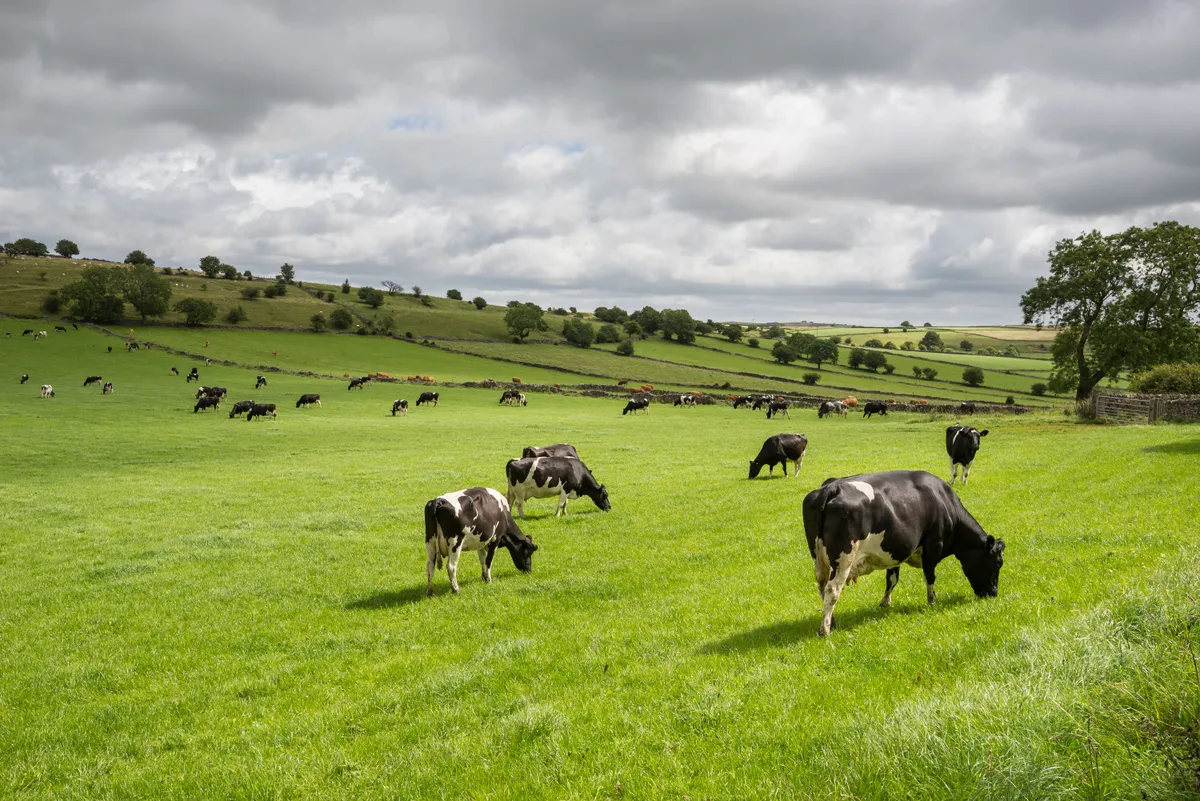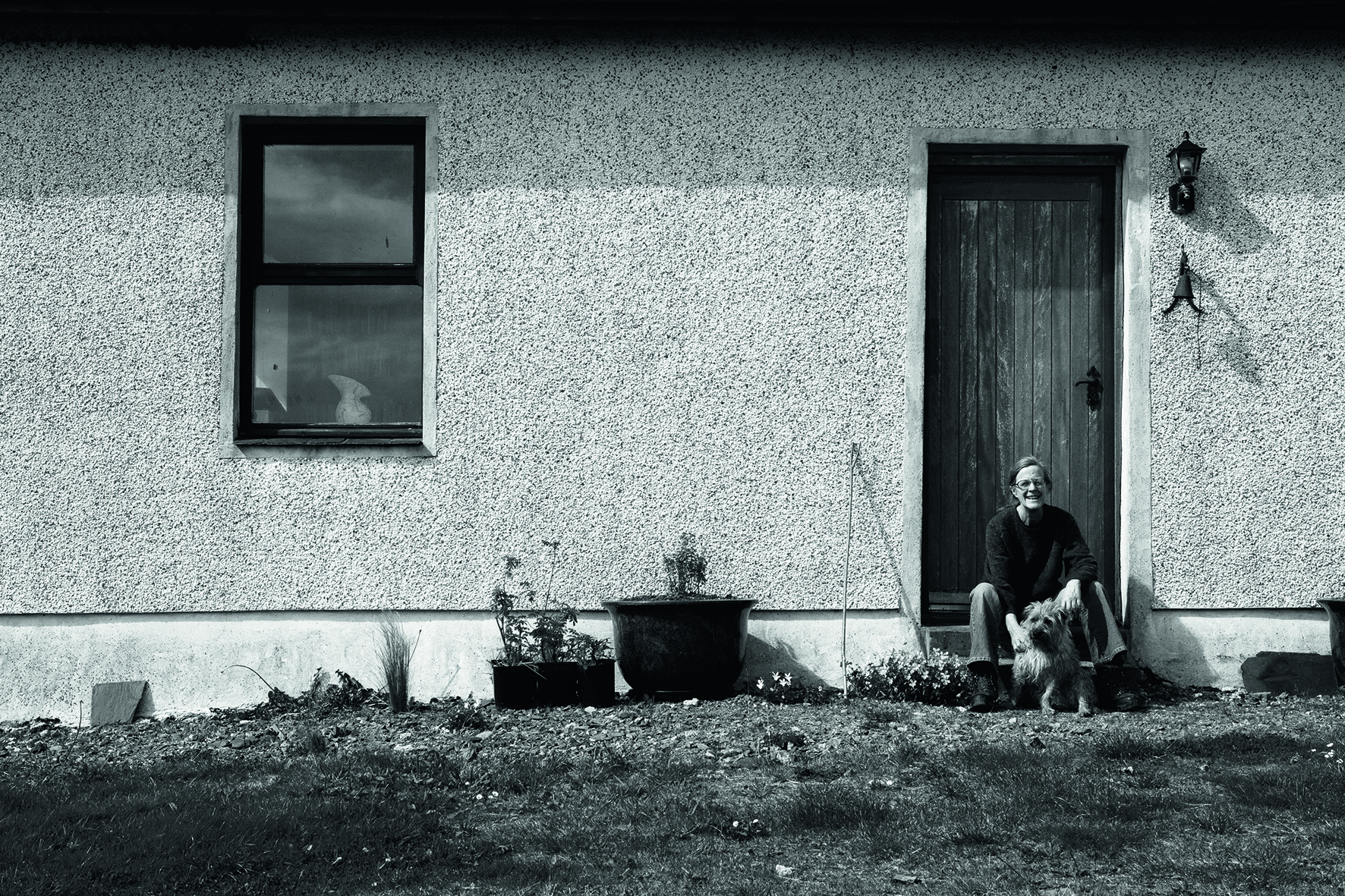Imagine how you might feel if someone told you that in little more than six months’ time the source of about 55% of your annual wage was going to vanish… and no one is talking about it. This is what farmers are facing. In March next year, when we leave the EU, we’ll also leave the Common Agricultural Policy (CAP) upon which farms rely for more than half of their income.
The CAP is a central pillar of the EU. It consumes about 40% of the budget and comes, broadly speaking, in two tranches: direct subsidies to farmers and rural development. In 2015 the UK’s share of the direct subsidy was about £2.4bn and the allocated amount for rural development between 2014 and 2020 was set to be £4bn. This is a lot of money to disappear from a sector that is hardly making millionaires of most of its participants.
The CAP is extremely complicated: unlike other forms of industry, agriculture varies enormously between member states. For example, the average farm in France is both smaller and more likely to be mixed than in the UK but, because of geology and climate, is commonly more productive. Repeat this 28 times and it is nigh-on impossible to come up with a subsidy system that is fair. The present system has thrown up some real anomalies: for example, the massive amount of subsidy that vast sporting estates in the Highlands of Scotland can claim despite not producing food. Attempts to reform the system have foundered due to regional differences and interests.

What’s the plan?
Nonetheless it is a system and it keeps farmers farming. In January 2018 the Government said that it would maintain the present subsidy regime for around five years post-Brexit, while it devises a new system. “Around” is not very encouraging in relation to investment and development but, more seriously, there seems to be no discussion about where this money is going to come from. With all the pressure the NHS, social care, education and defence sectors are under, it’s quite a stretch to think that a UK Government or the Devolved Administrations will be able to justify matching current levels of farming subsidy.
I am not alone in this pessimism. Worst-case scenarios include about a quarter of all UK farms going out of business, land prices collapsing (making loans secured against farmland unsustainable) and food self-sufficiency, now at about 60%, plummeting. But above all there is the paralysis this situation creates: no one wants to invest, farmers are pulling out of environmental schemes and there’s a real concern about the workforce (not just seasonal migrant labour, but skilled workers too – most qualified TB-testers come from eastern Europe). But forward planning in agriculture needs time and confidence, as well as hard work.
Farmers urgently need clarity and a more open discussion. What sort of countryside and agriculture do we want? At the moment there is no clear vision at the top and worrying uncertainty at the bottom. Of course there are potential gains to be had from Brexit, but they will not be realised if we just muddle through. It is not just that there seems to be no Plan B; there doesn’t even seem to be a Plan A.
BBC Countryfile Magazine will report more on Brexit and the issues surrounding it later in the autumn as the situation develops.

